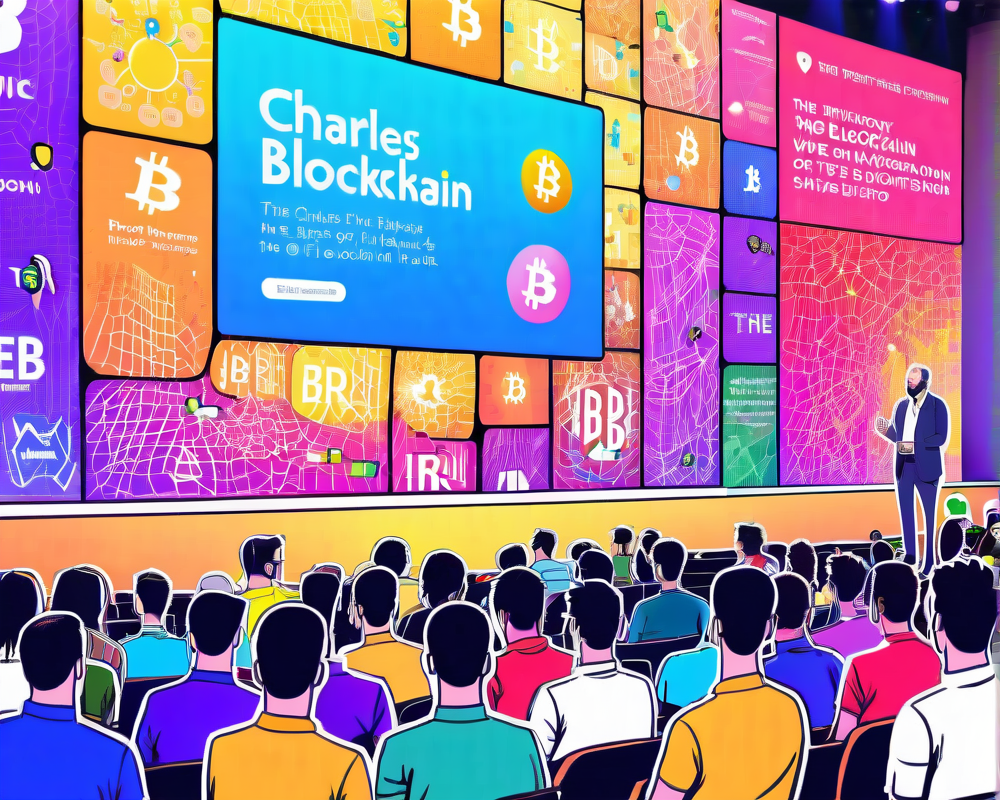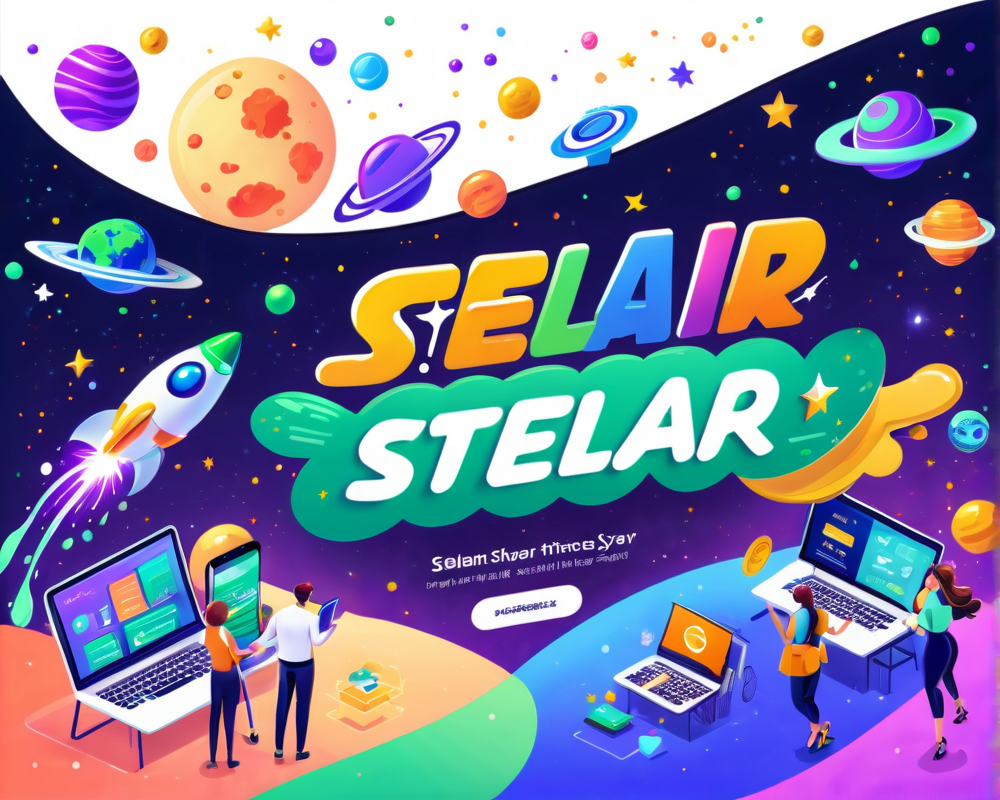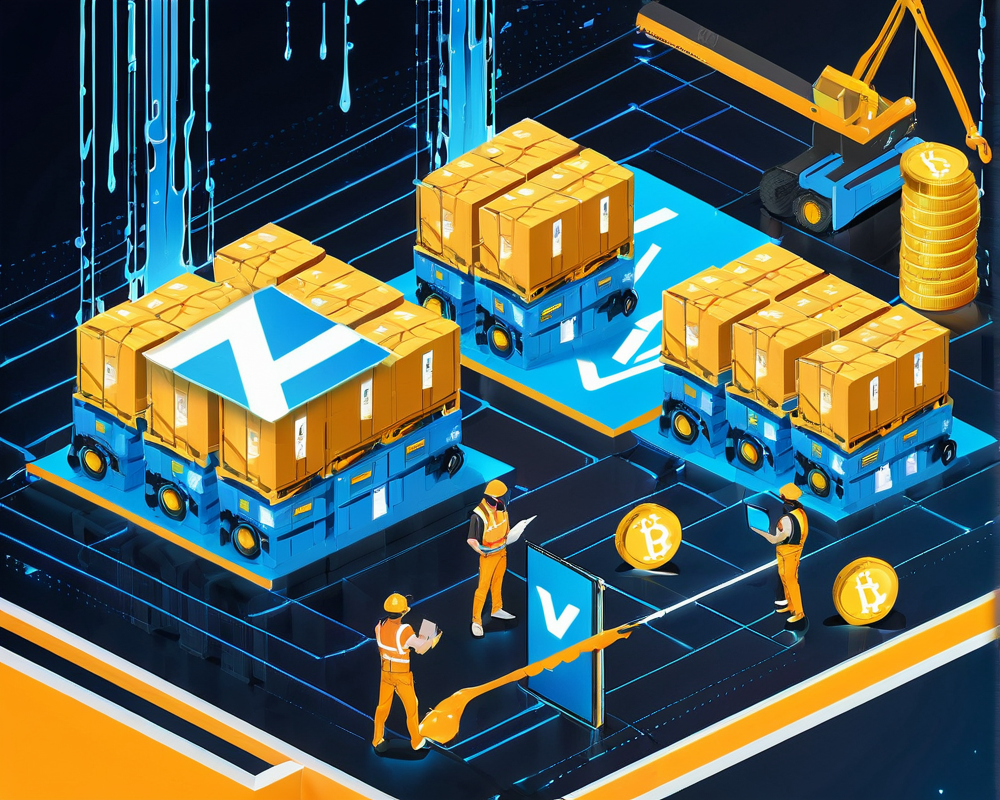Embracing Change in Blockchain Technology
At the Binance Blockchain Week held in Dubai, the spotlight shone bright on the illustrious Charles Hoskinson, founder of Cardano. His keynote address stirred a mix of excitement and reflection as he navigated the evolving landscape of blockchain, Bitcoin, and the philosophical dilemmas that arise as we venture beyond the initial comfort that BTC provides.
Bitcoin: Comfort or Crutch?
Hoskinson posed a thought-provoking question: as we start to push the boundaries of what Bitcoin represents, are we prepared for the challenges that come with newer technologies? He remarked, “When you move past the comfort of Bitcoin, you start entertaining many other ideas.” This sets the stage for deeper conversations about the nature of decentralization versus the looming specter of regulation.
The Dilemma of Decentralization
Diving deep into the philosophical arena, Hoskinson challenged the audience to consider: “At what point do you cross the threshold where you’re no longer decentralized? You’re no longer the arbitrator of trust?” With regulators stepping into the blockchain sphere, uncomfortable questions have surfed to the surface, causing many to scratch their heads. Topics such as the ability to reverse transactions or freeze funds have become more than mere hypotheticals; they are now vital considerations in blockchain governance.
Finding Fairness in the Tech
In a world bustling with profits, Hoskinson highlighted a vital truth: the essence of blockchain lies in its potential to create an equitable ecosystem. “If you’re just here to make money, you lose all the things that make the technology special,” he warned, urging attendees to rethink their motivations. He reiterated that this technology empowers smaller entities and can serve as an equalizer in the economic landscape.
The Dawn of DAOs in Web3
While the Cardano founder didn’t explicitly name decentralized autonomous organizations (DAOs), he hinted at their crucial role in the future of Web3. “If we’re truly decentralized, we have to figure this out for ourselves,” he stated, emphasizing the need for community involvement in blockchain decision-making processes. This paints a vivid picture of a collaborative future where the voice of the community overrules bureaucratic centralization.
A Call to Action
As the event wrapped up, it was evident that Hoskinson’s message resonated: blockchain enthusiasts must grapple with these philosophical quandaries as the industry moves forward. The question remains—are we ready to take on these challenges to nurture a new era of blockchain that combines the best of technology with equitable decision-making?




